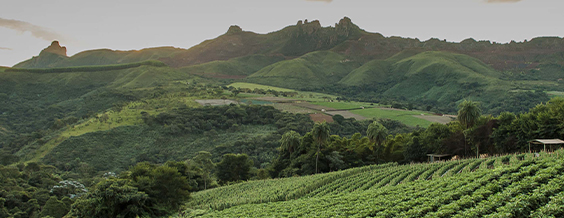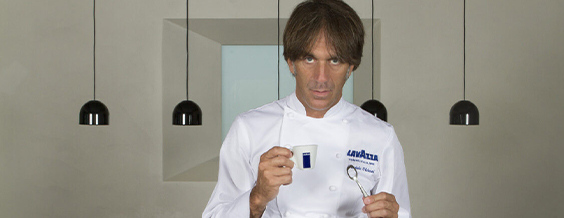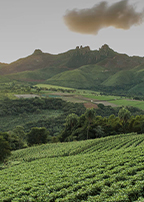*Lavazza is not affiliated with, endorsed or sponsored by Nespresso
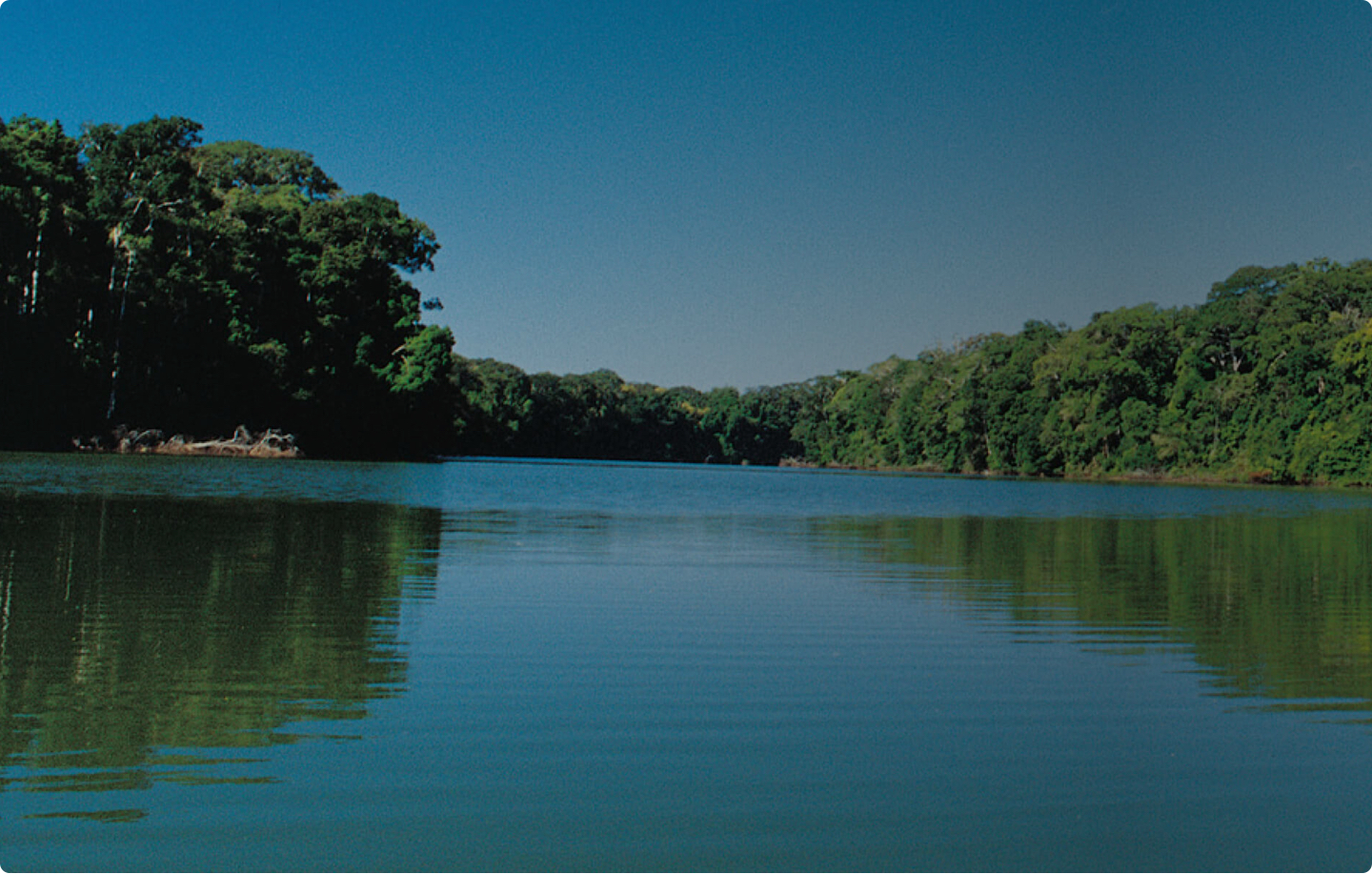
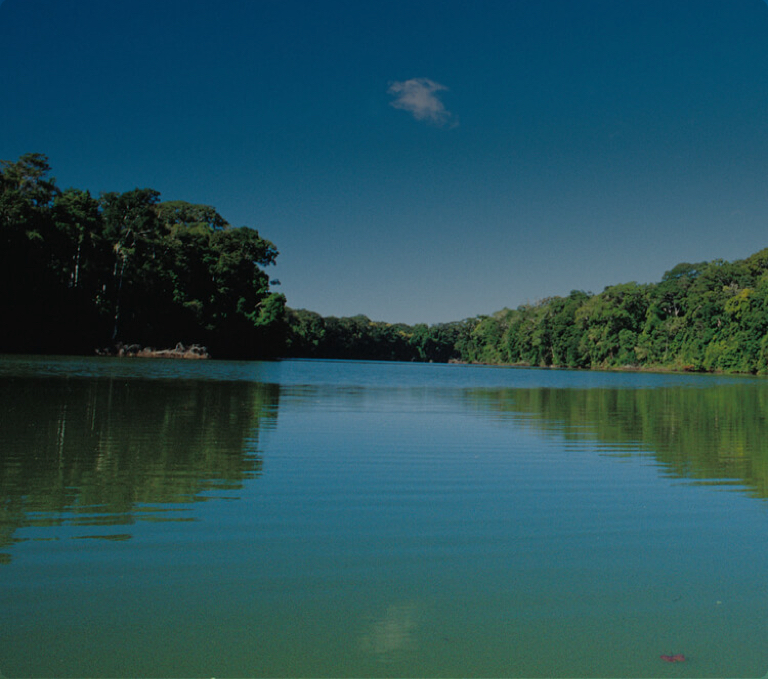
EXCELLENCE WITH CO₂ EMISSIONS OFFSET
Our coffee capsules couldn’t be truly excellent without taking care of their carbon footprint. This is why our products are crafted offsetting CO₂ emissions. Now they are pure excellence.
As of today, all Lavazza Capsules compatible with Nespresso* Original and Lavazza Blue Capsules have their CO₂ emissions offset. Lavazza’s classic and unique coffee experience, with all the aromas and flavours of our blends, now comes in excellent capsules with their CO₂ emissions offset.
*Lavazza is not affiliated with, endorsed or sponsored by Nespresso.
Product Life Cycle
The activities put in place to compensate the CO₂ emissions of Lavazza Capsules compatible with Nespresso* Original and Lavazza Blue capsules cover the whole life cycle of the product, from the cultivation of coffee to the end of its life through all stages of production, transport and disposal.
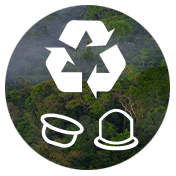

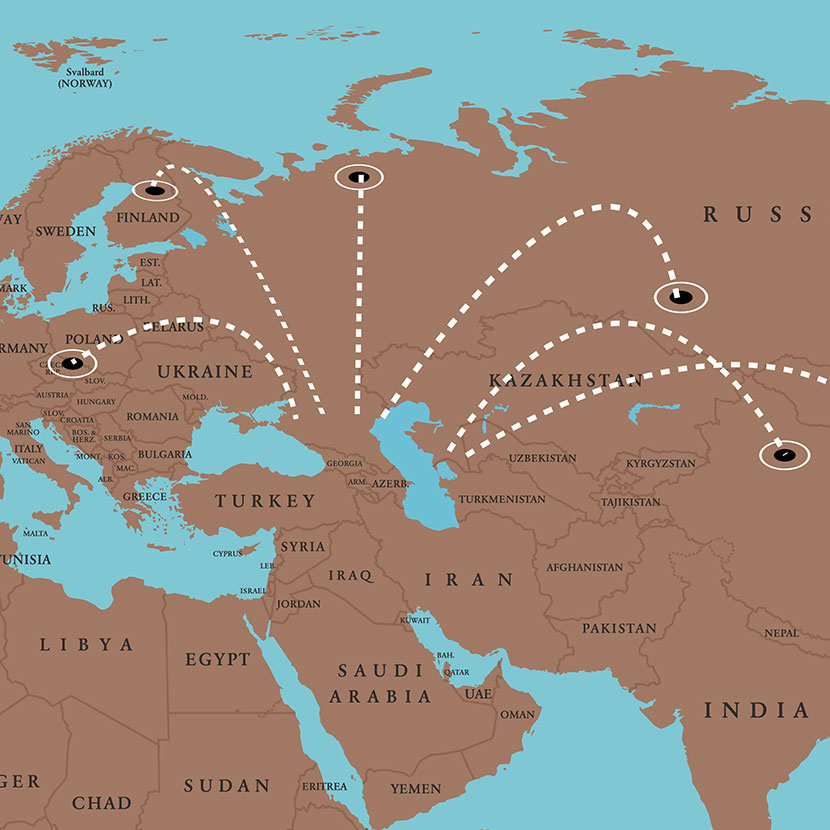

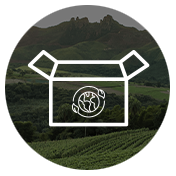
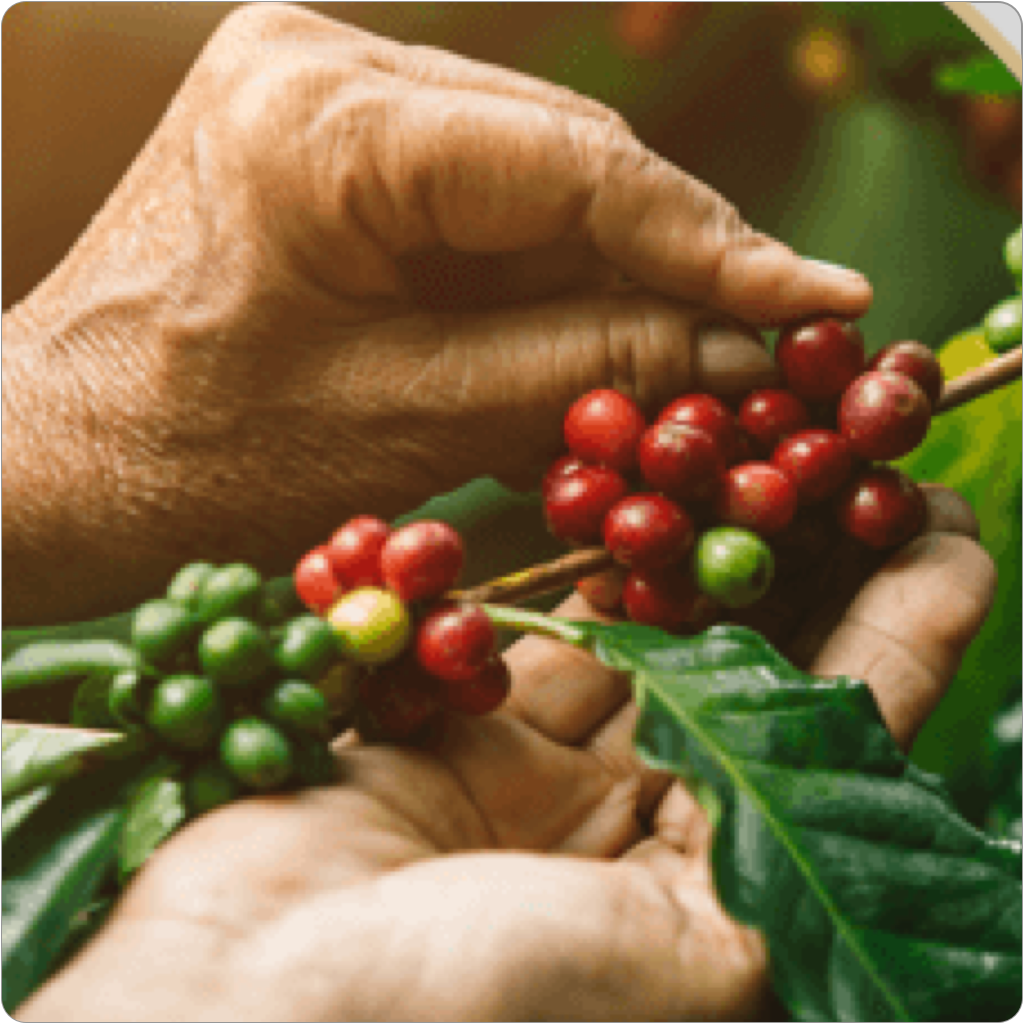

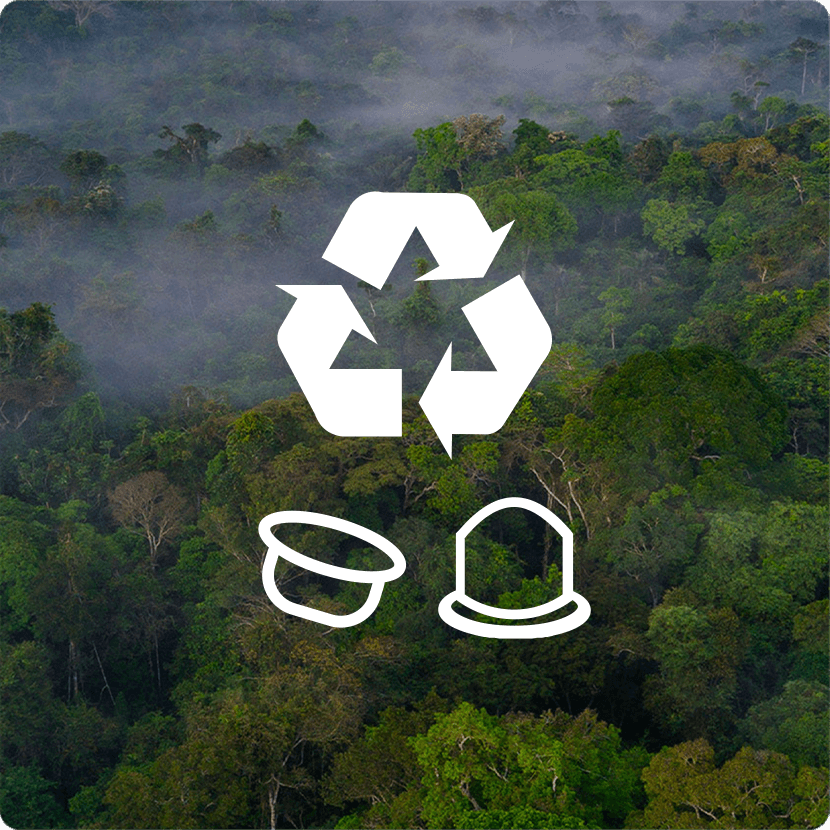

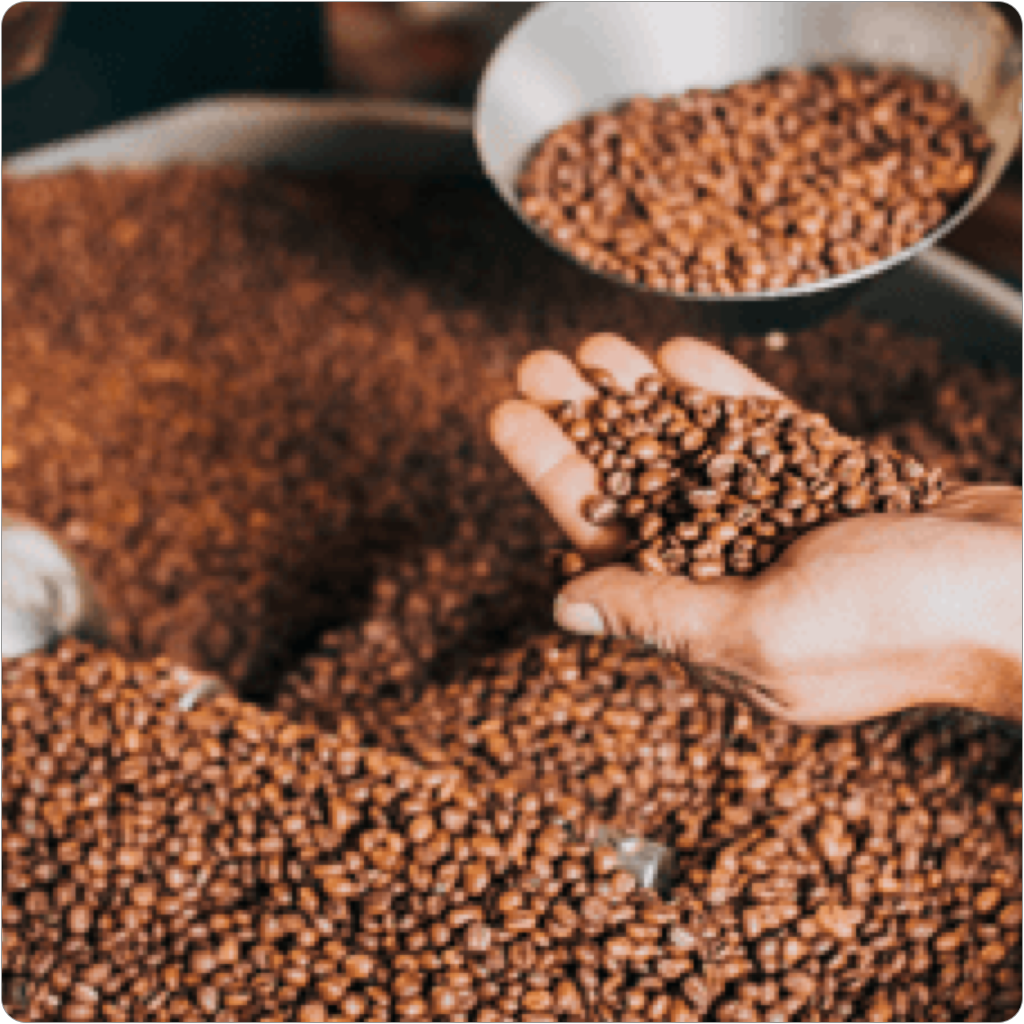





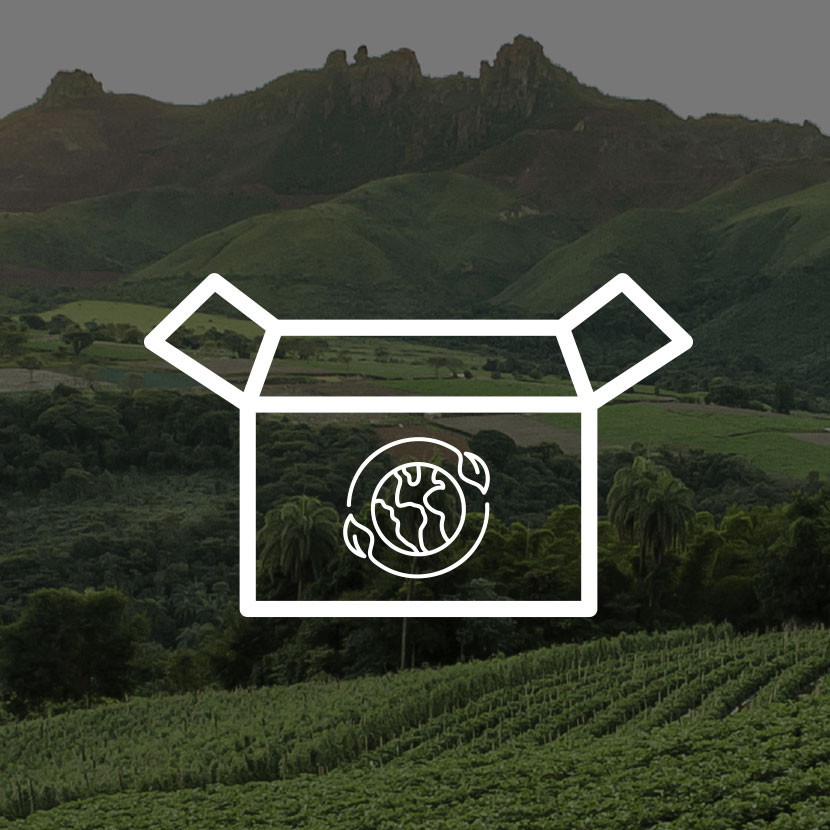

Format
Product availability
Leave us your contact to be notified when the product is back in stock.
What does it concretely mean?
Lavazza is one of the world’s top players in the agri-food industry. This is why producing our best quality coffee is just a part of our mission and it would be pointless not to take the way we do this into consideration as well.
Our commitment is doing the best we can to use sustainable resources, ensure fair working lives to coffee cultivators and, of course, reduce CO₂ emissions in our supply chain.
Our carbon neutrality approach begins by reducing emissions. As we are conscious that all emissions cannot be reduced at once, Lavazza uses carbon offsetting on residual emissions by supporting different projects.
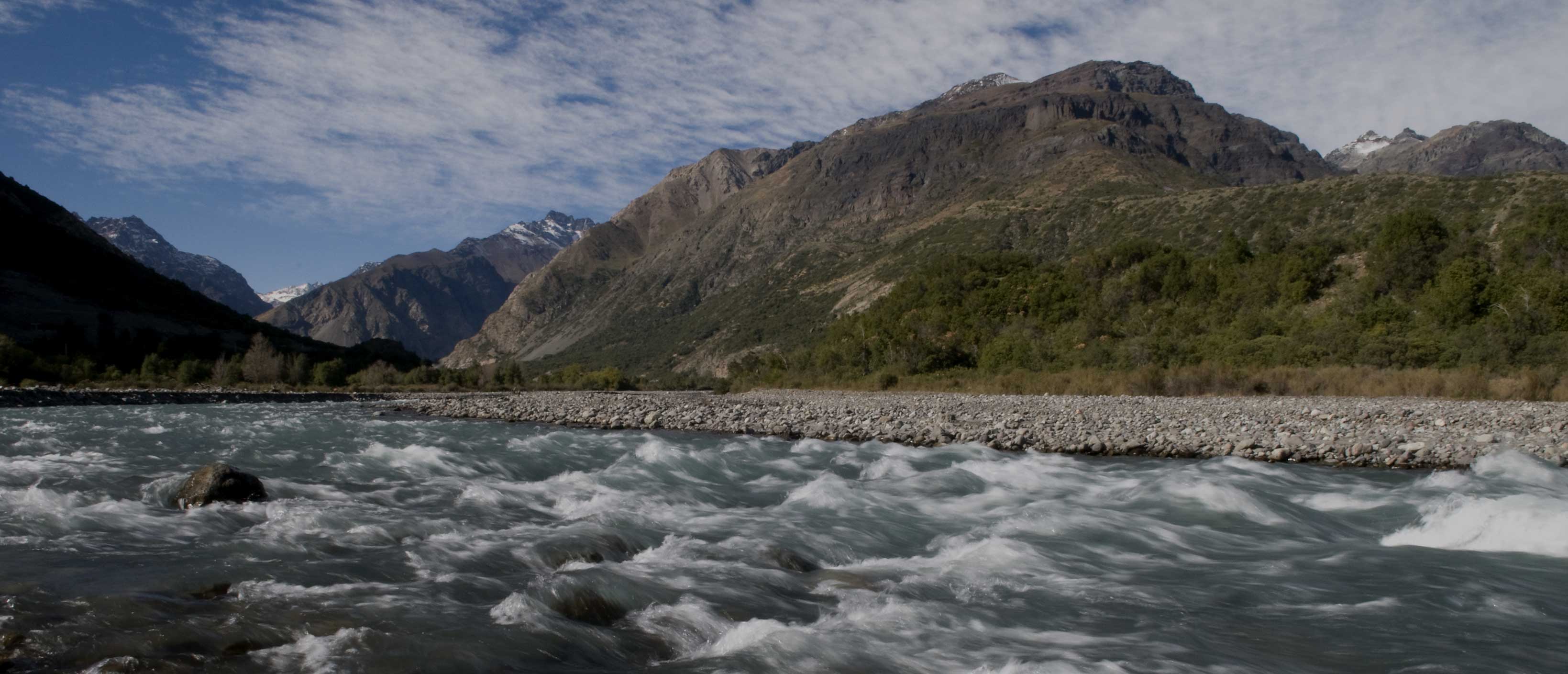
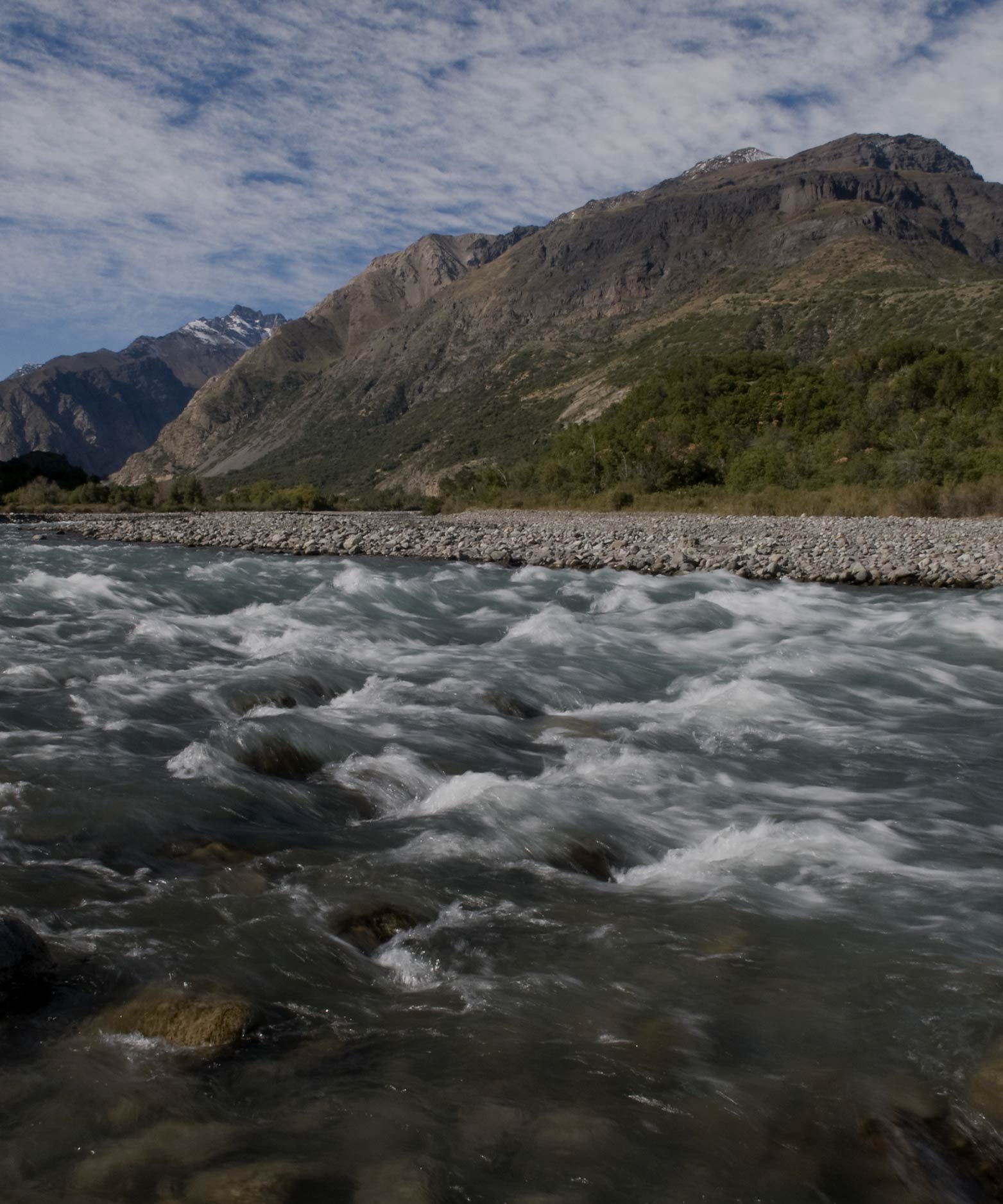
Chile
Chile run of riverThe Chacayes Community Funds project revolves around a power plant located in the Cachapoal Valley in Chile. Launched in 2011, it has played an important role by meeting the country's growing demand for electricity and reducing CO2 emissions, contributing to the economic growth and sustainable development of local communities. For example, over 200 people have been trained and 80 have found employment in the last two years.
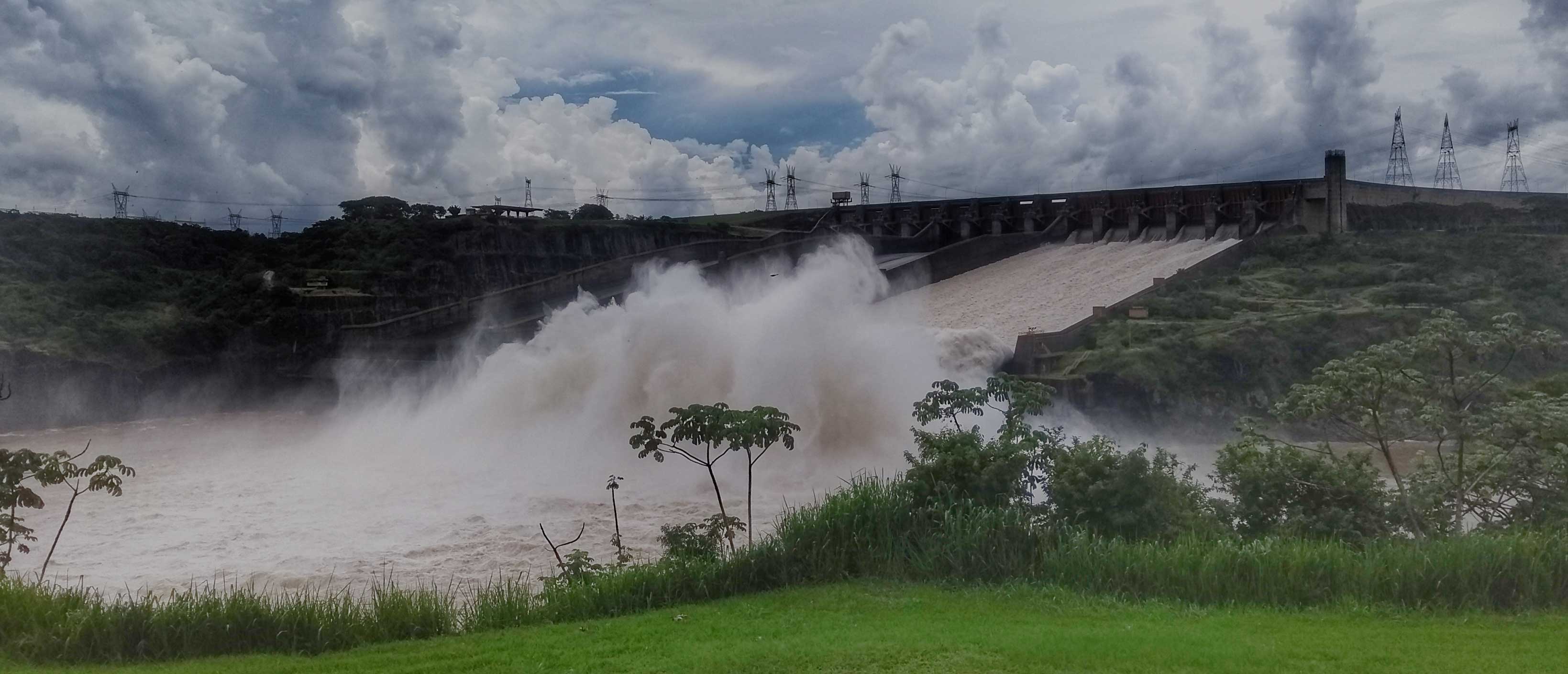
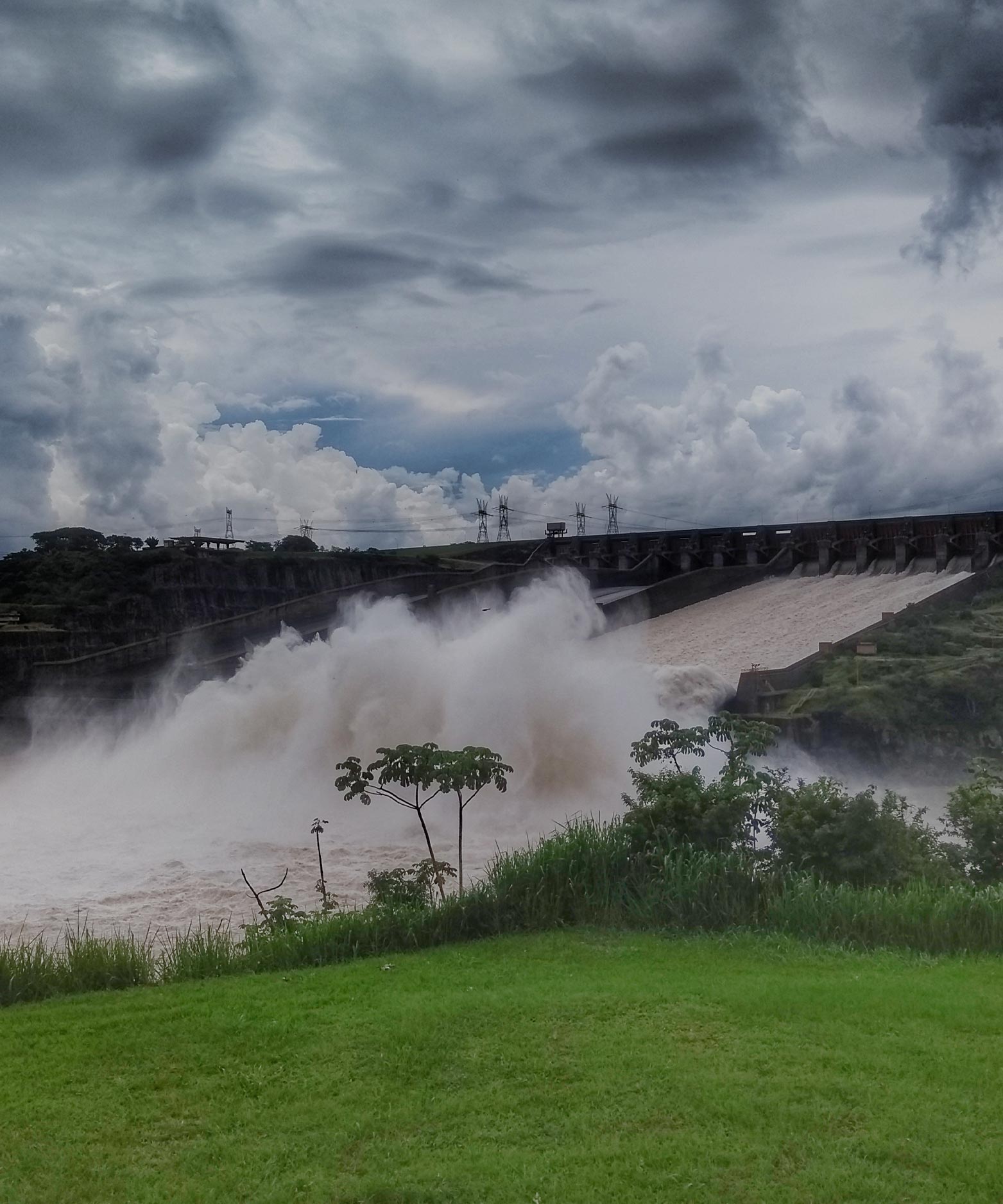
Brazil
Teles Pires Hydropower Plant Project ActivityThe project consists in the implementation of the Teles Pires hydroelectric plant, one of the most efficient in Brazil, capable of supplying energy to about 13.5 million inhabitants. A total of 44 socio-environmental programs have also been developed around it, including environmental education, forest restoration and land conservation projects. In addition, 12 programs have been developed exclusively for the protection of the region's indigenous populations.
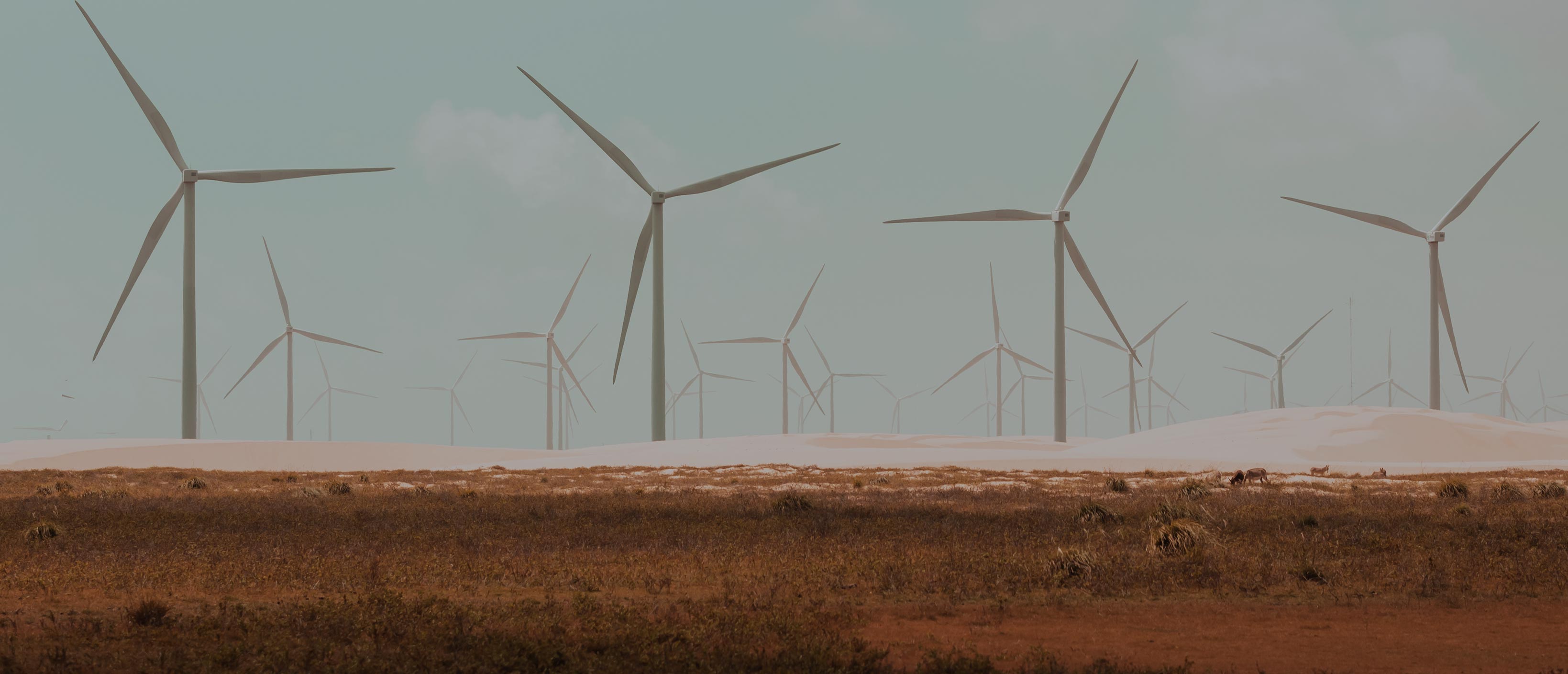
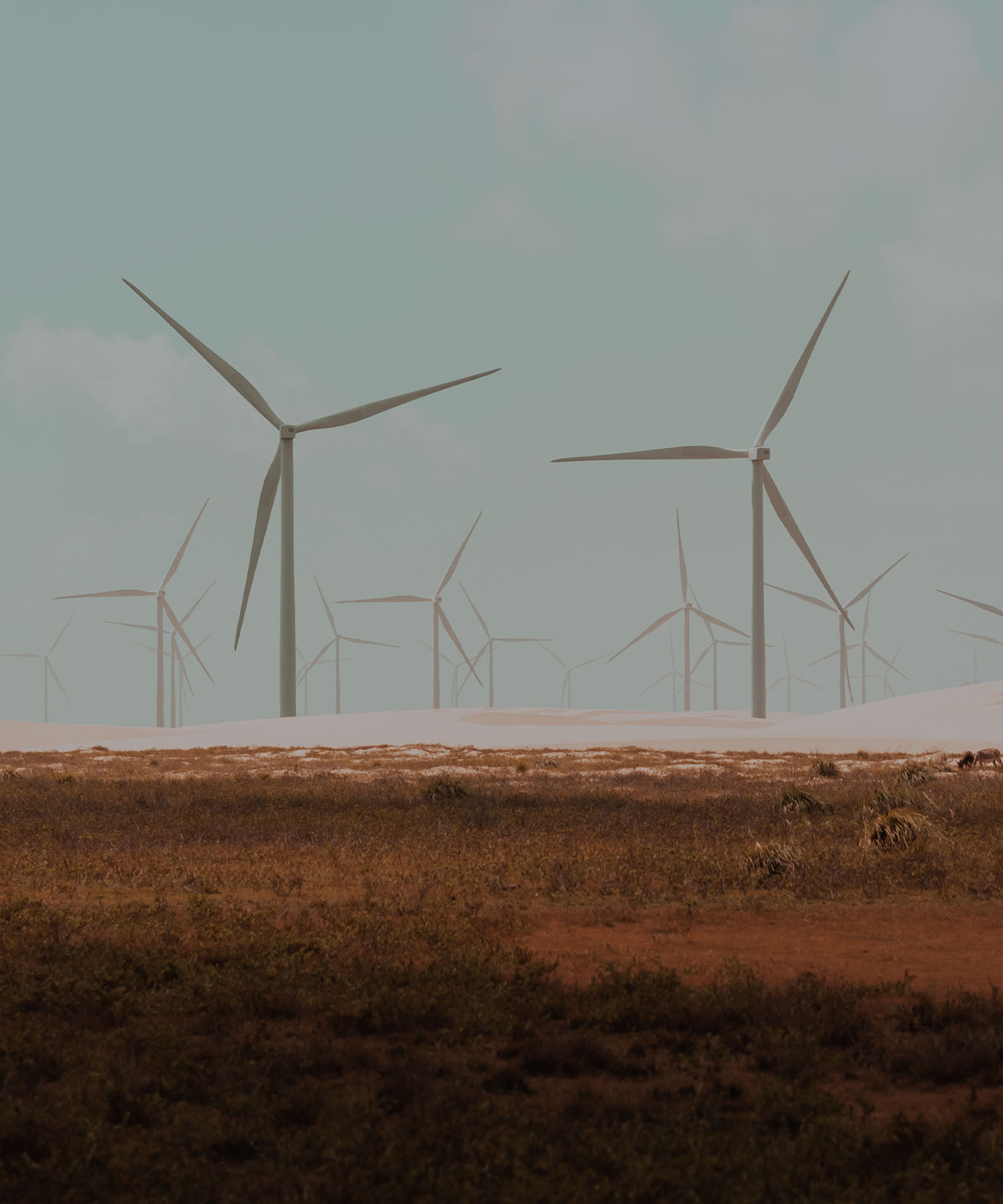
Brazil
Windfarms Santa ClaraThe project consists of the implementation and operation of seven new wind electricity operation facilities. The project activity contributes to the host country’s sustainable development by contributing to local environmental sustainability and to the net workplace generation, also fostering technological learning and development.
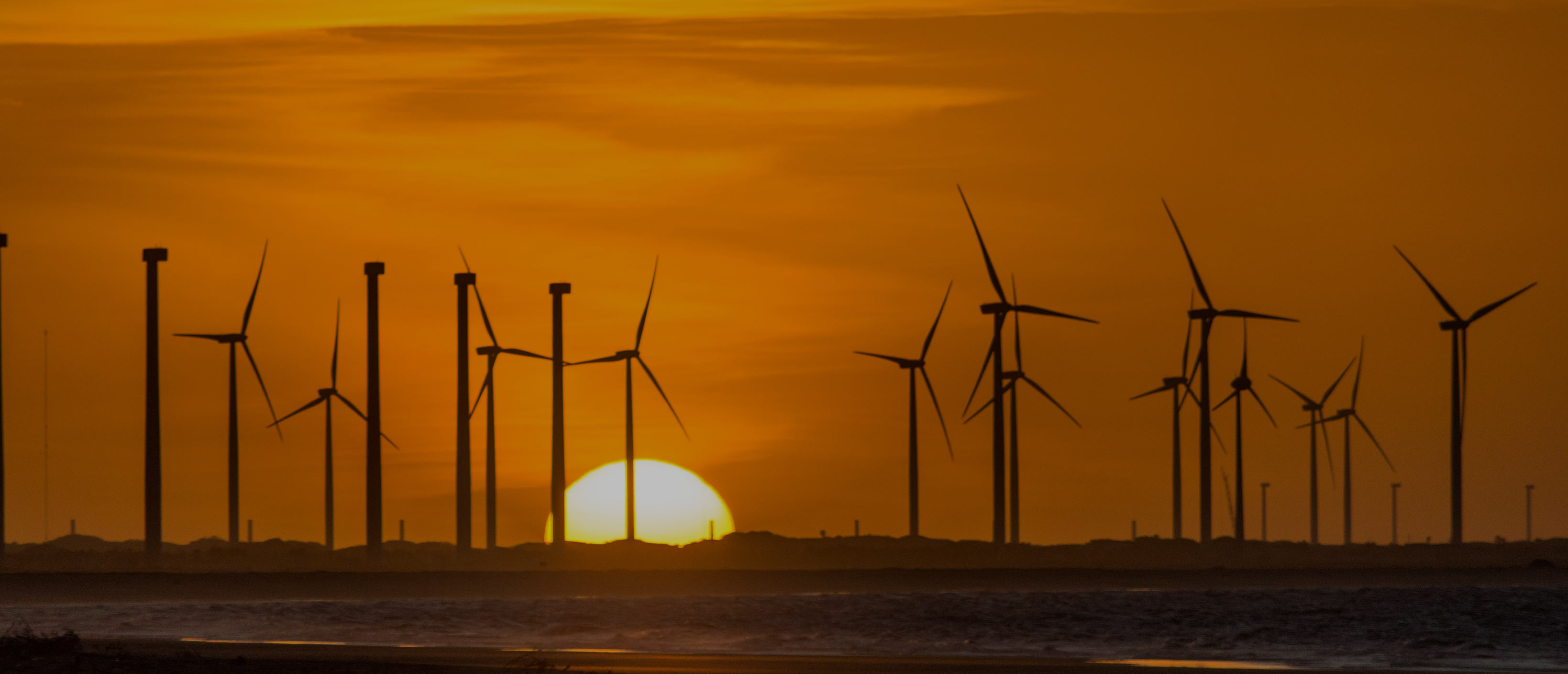
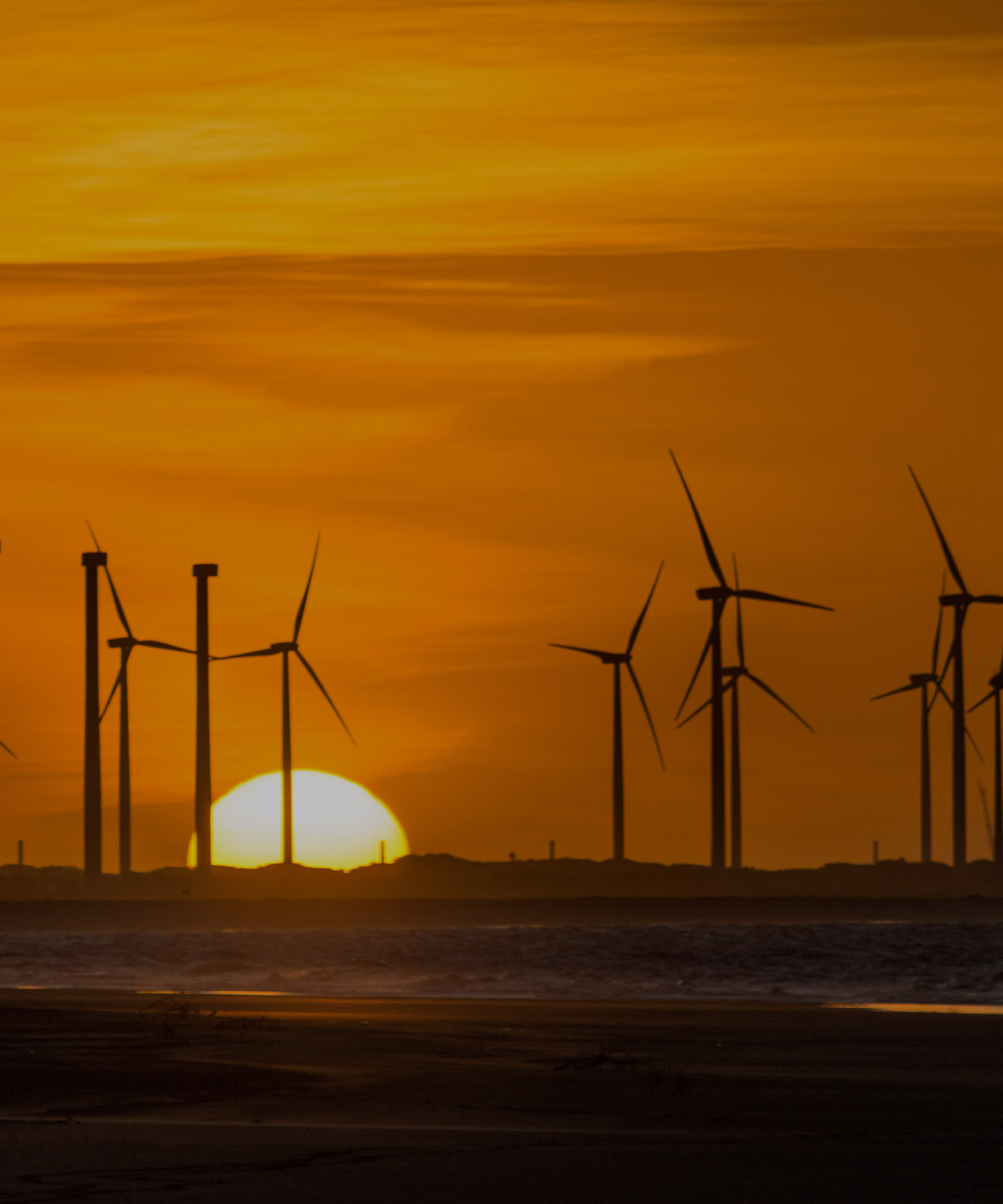
Honduras
Cerro de Hula Wind ProjectThe project will be the first wind farm interconnected to the National Interconnected System of Honduras. It is contributing to the sustainable development of Honduras, reducing GHG emissions and the import of fossil fuels. Through local investments it will improve the territory’s economy and create new employment opportunities. Meeting growing energy demands and leading the transition away from fossil fuels generation will demonstrate the replicability of clean energy technology.
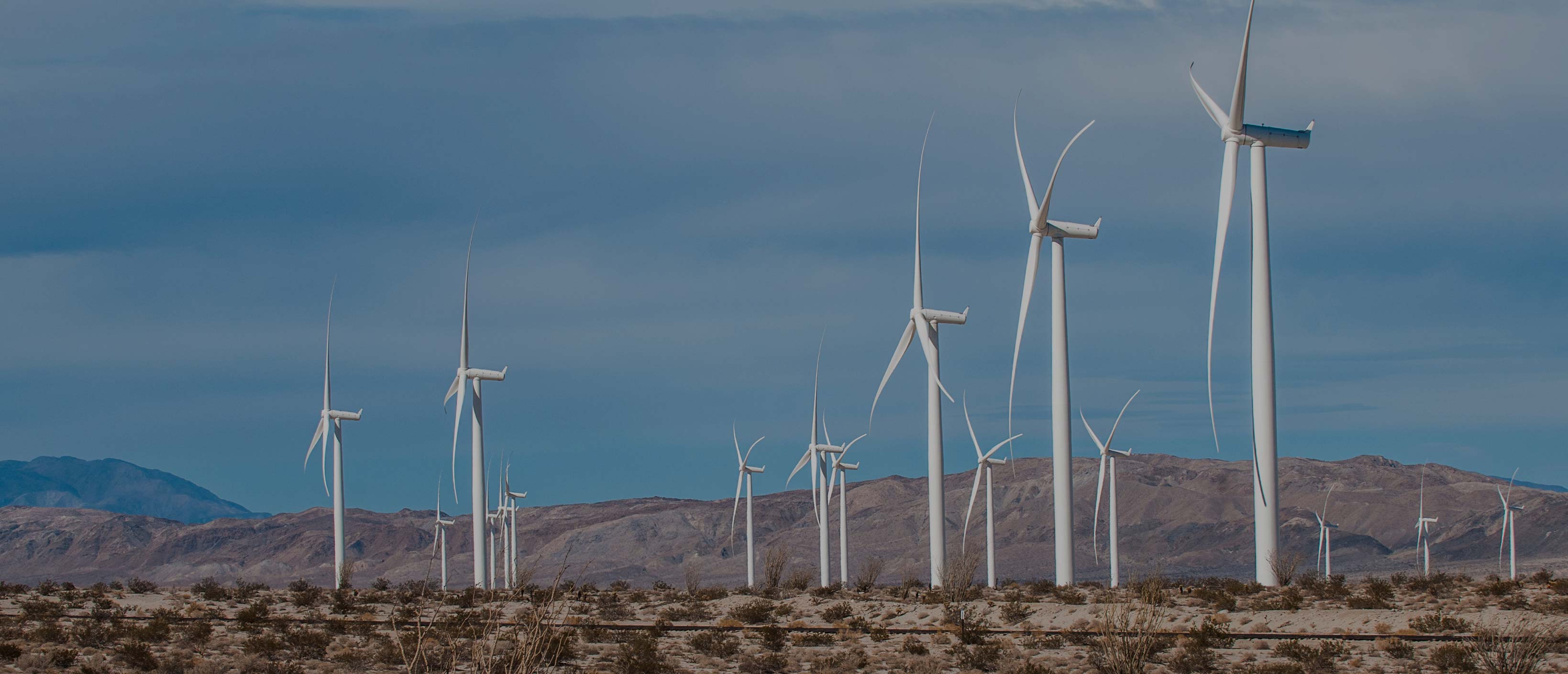
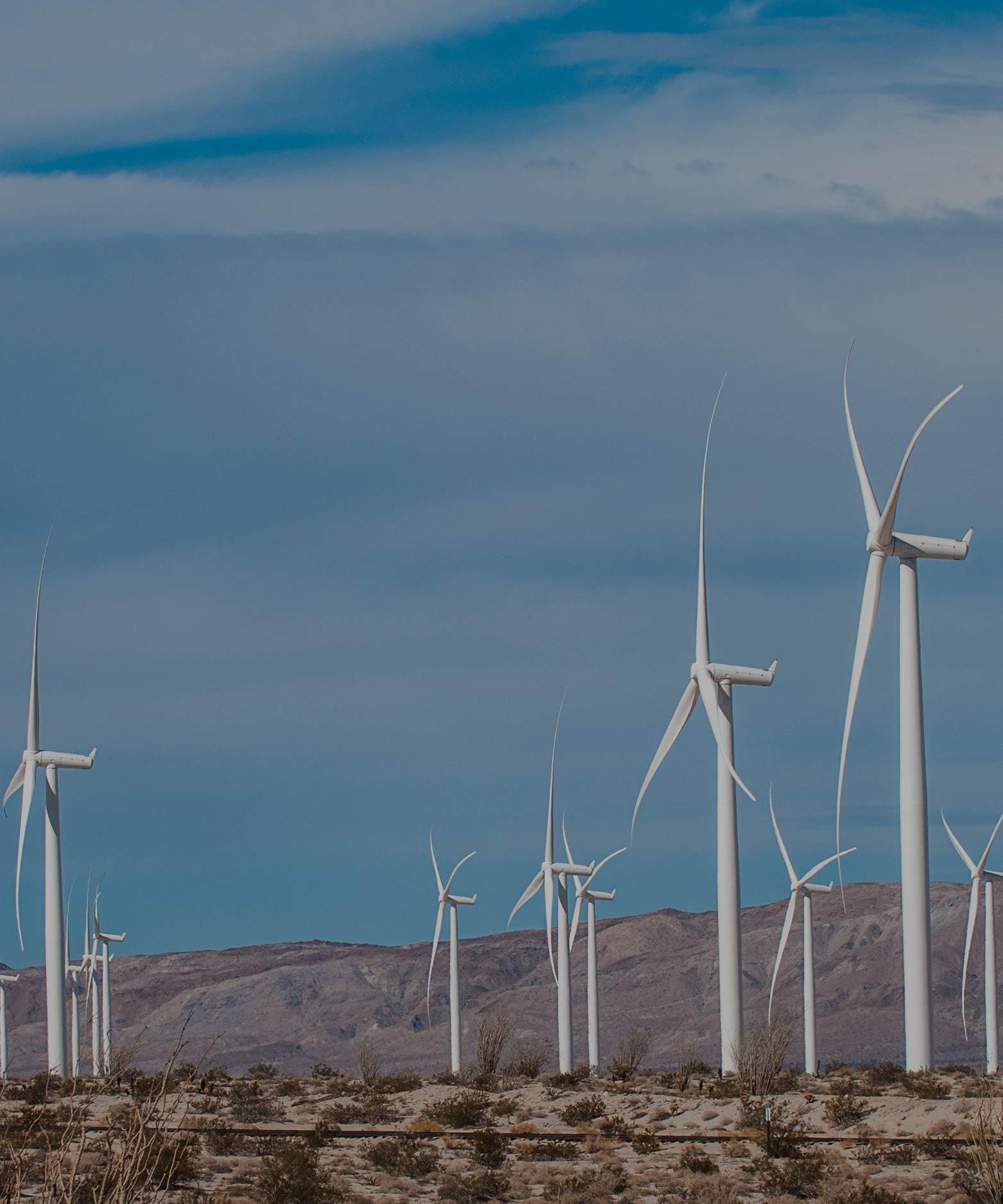
Mexico
Oaxaca Wind ProjectThe offsetting of emissions through this project comes from the clean electricity generated in the Mexican wind farms in Oaxaca. They produce clean energy for around 700.000 Mexican homes, which means an annual emission reduction of 670.000 t CO2eq into the atmosphere. It can be considered the equivalent of the CO2 fixation carried out by a forest of 33.5 million trees. In Oaxaca, more than €500.000 have been invested so far to improve the quality of life of more than 12.000 people.
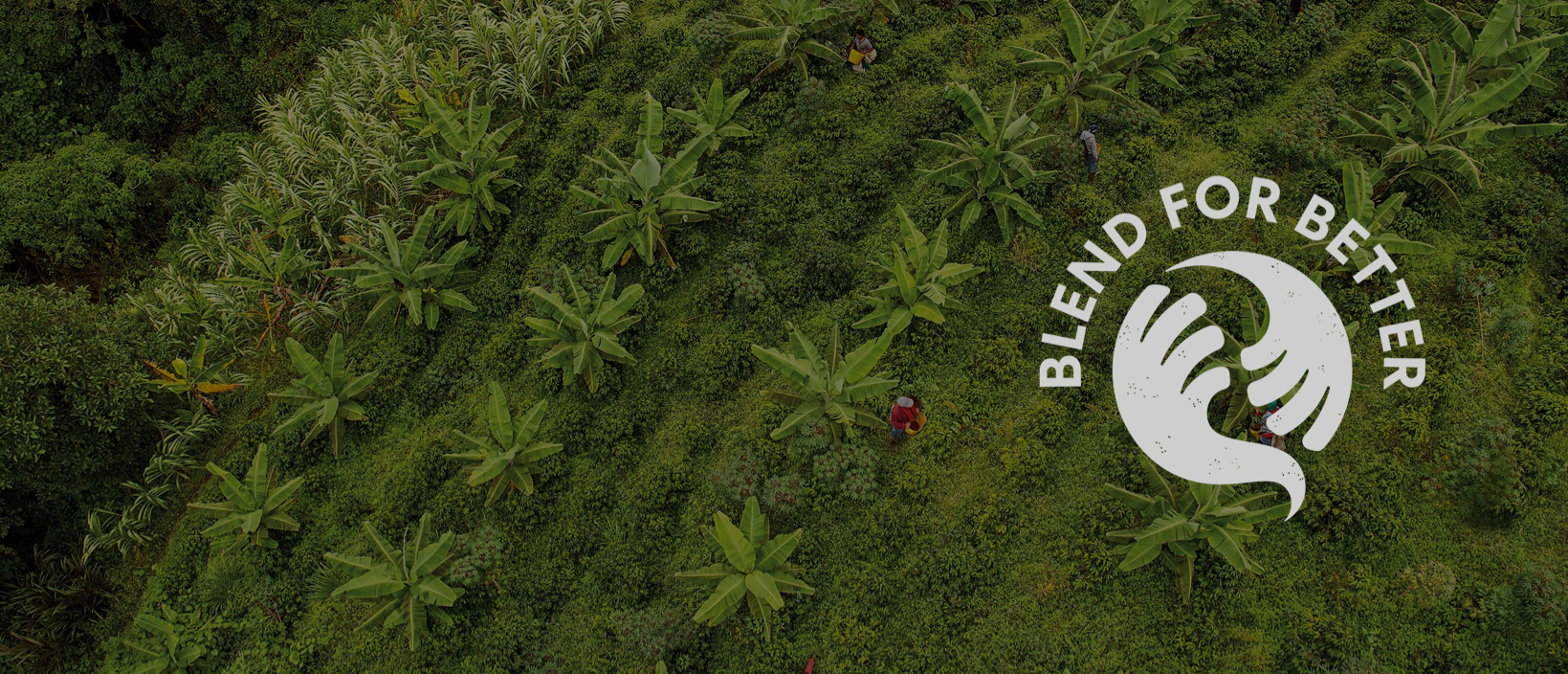
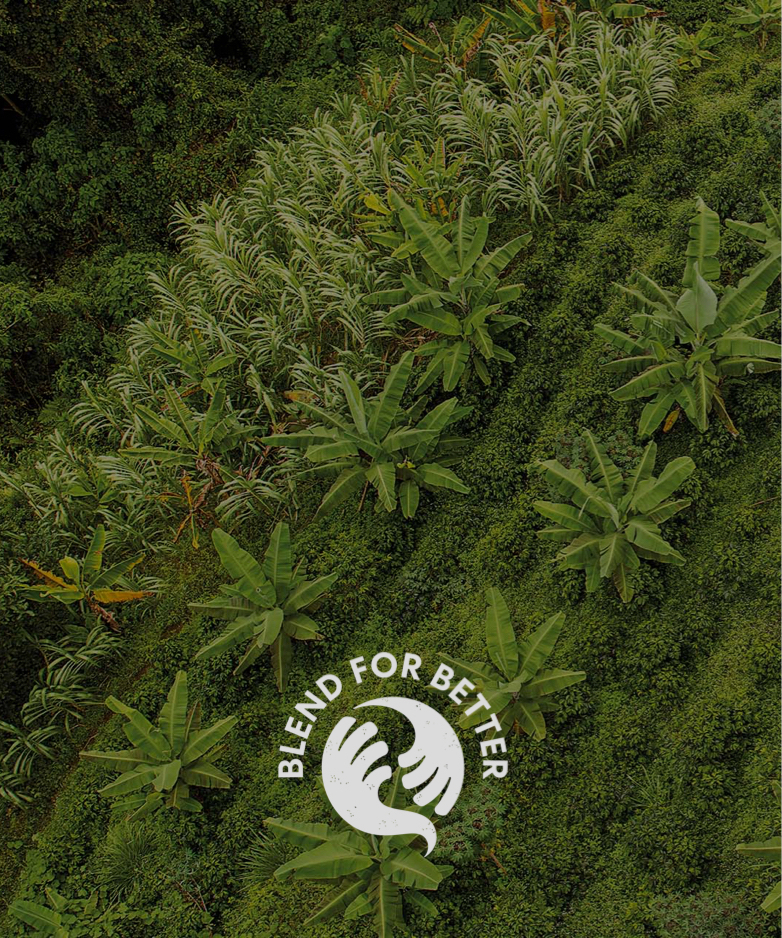
This is part of Lavazza Group bigger commitment toward sustainability named Blend for Better. It embraces many projects following the Sustainable Development Goals of the United Nations for 2030 in 4 key areas: Care for the environment, Spin a virtuous cycle, Open up opportunities and Educate for change.
Discover more




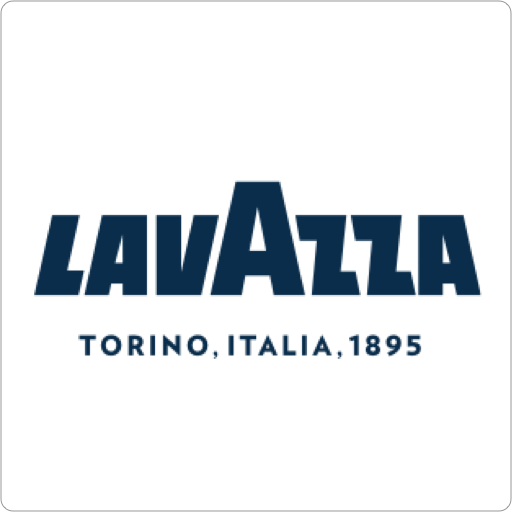

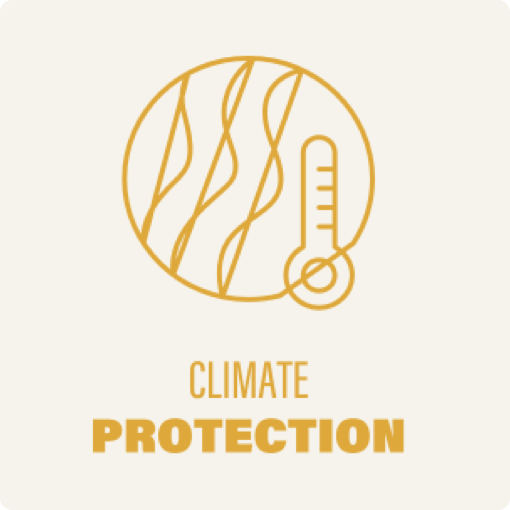

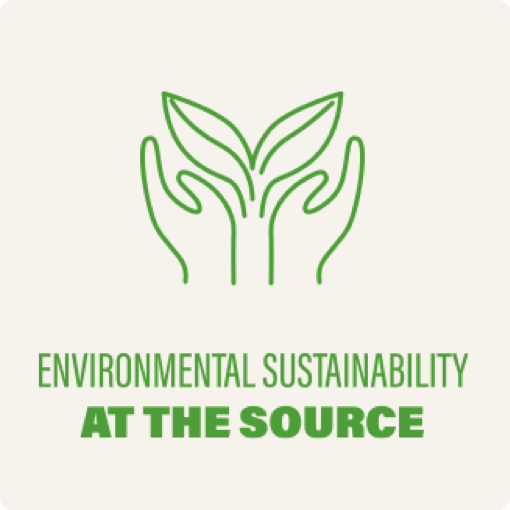

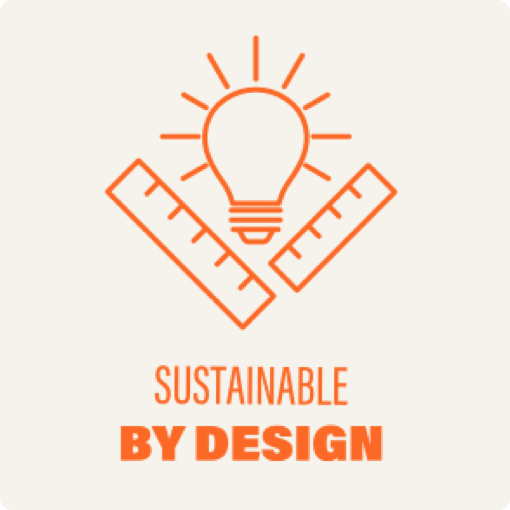

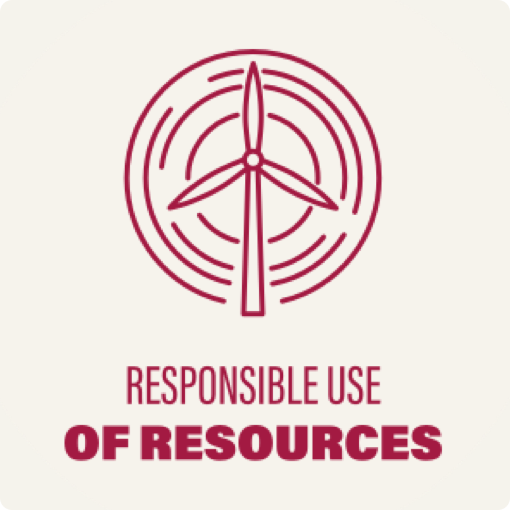

Format
Product availability
Please leave us your contact to be notified when the product will be back in stock
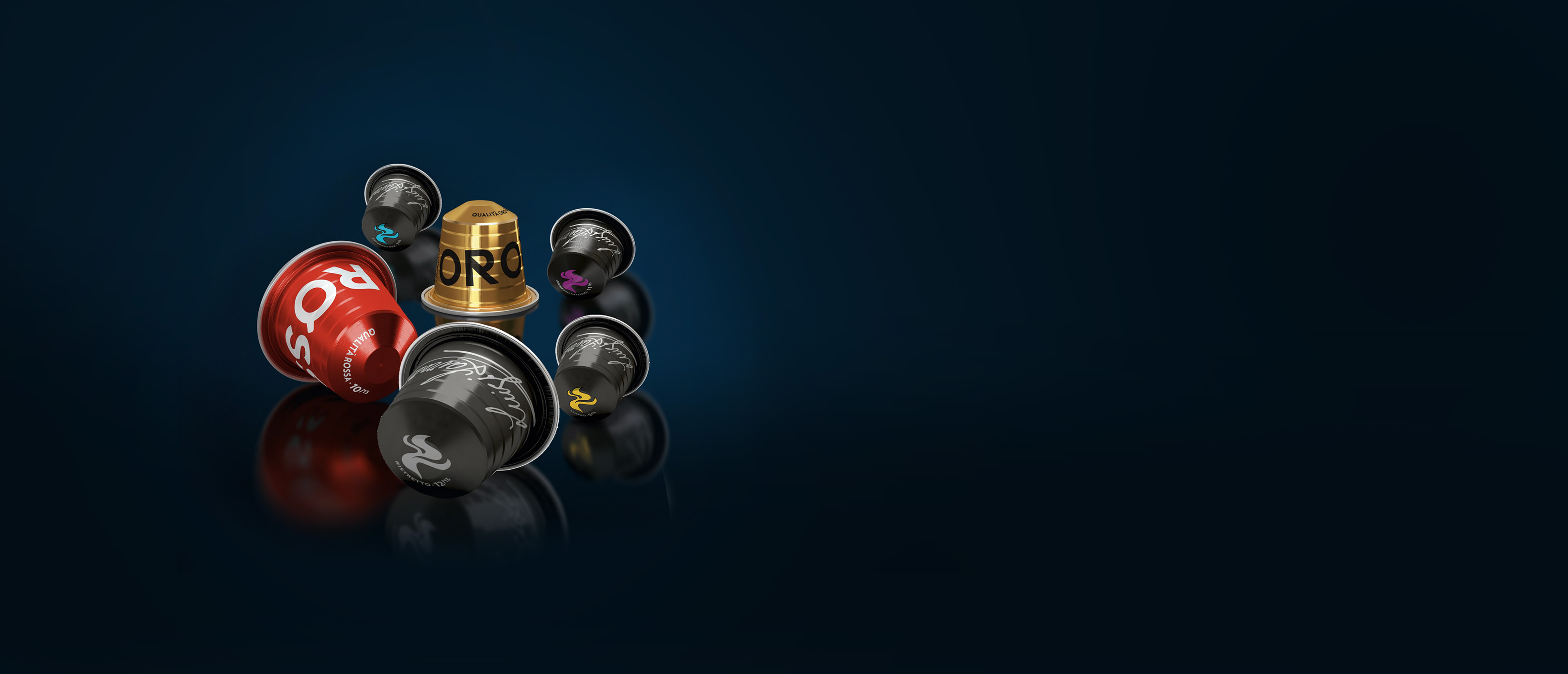

The excellence of Lavazza blends comes in the new carbon neutral aluminum capsules. Lavazza offsets all the emissions due to this product.
Discover More

BLUE CAPSULES FOODSERVICE
The perfect in-cup quality for the HORECADiscover our barista coffee blends to share an unforgettable experience with your clients.
Discover More

BLUE CAPSULES WORK SOLUTIONS
A great cup of coffee @workLavazza BLUE capsules brings the quintessential coffee experience to small and medium workplaces.
